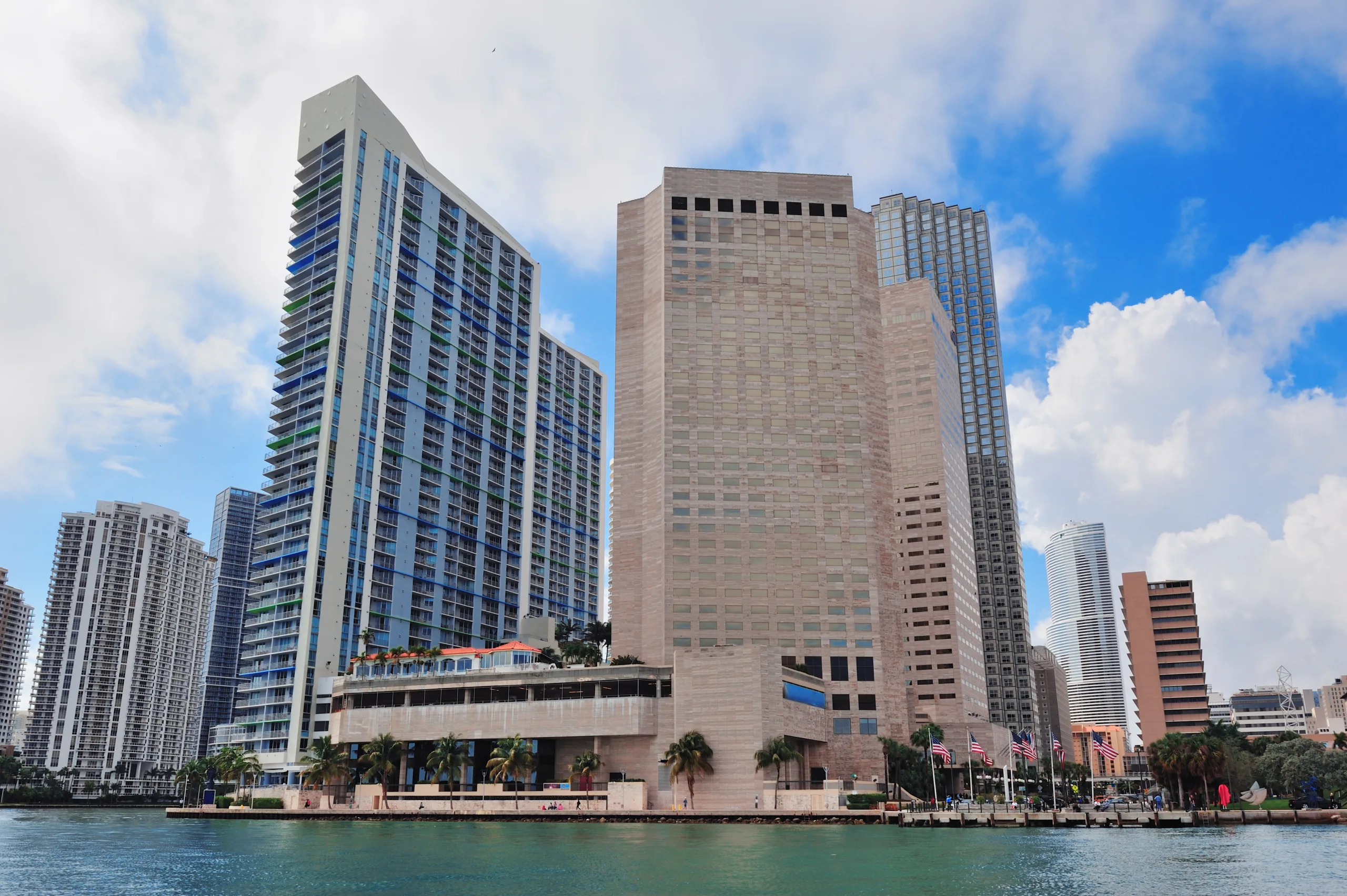- The number of tech workers with AI skills in the US and Canada surged more than 50% between mid-2024 and mid-2025, reaching 517,000, per CBRE analysis.
- AI talent is most concentrated in San Francisco, New York, Seattle, Toronto, and Washington, D.C. New York added the most workers by absolute numbers in the past year.
- This migration of AI talent is boosting office leasing and pushing apartment rents higher across the top markets.
AI Talent Reshaping Real Estate
CNBC reports that the rise of artificial intelligence is not only transforming industries but also shifting real estate dynamics in major North American cities. According to CBRE, the number of workers with AI skills jumped more than 50% over the past year, reaching 517,000 across the US and Canada. The majority of that talent is clustered in San Francisco, New York, Seattle, Toronto, and Washington, D.C. The top three markets hold 35% of the national total.
Where the Growth Is Happening
New York City led in absolute gains, adding 20,000 AI-skilled workers year-over-year. Cities such as Atlanta, Chicago, Dallas-Fort Worth, Toronto, and Washington, D.C., each recorded growth of 75% or more. Some workers entered the market with AI expertise, while others gained skills through upskilling programs.
Impact on Office Space
Unlike other parts of tech that shifted to remote work, AI remains highly collaborative. Companies are prioritizing in-office activity, which is showing up in leasing numbers. In the first half of 2025, tech firms accounted for 17% of total US office leasing, up from 10% in late 2022. In San Francisco, AI firms leased one-quarter of all office space over the last 2½ years.
Get Smarter about what matters in CRE
Stay ahead of trends in commercial real estate with CRE Daily – the free newsletter delivering everything you need to start your day in just 5-minutes
Residential Rents Climbing
The influx of talent is also driving residential demand. Apartment rents in AI hubs have climbed since 2021. Manhattan rents rose more than 14%, D.C. rents increased 12%, Seattle jumped 7%, and San Francisco climbed nearly 6%. High AI salaries help cover these costs. In Manhattan, workers spend about 29% of income on rent, while in San Francisco and D.C. the figure is closer to 19%.
Why It Matters
The AI boom is echoing the early days of the internet and cloud revolutions. This time, however, its effects are spilling into both office and housing markets at once. Cities positioned as AI hubs are reaping the benefits through stronger leasing activity and growing rental demand, making them attractive to real estate investors.
What’s Next
If AI continues on its current path, real estate markets in leading cities are likely to see even higher rents, tighter vacancies, and stronger office absorption. For investors, the link between AI growth and property performance is becoming increasingly hard to ignore.


















